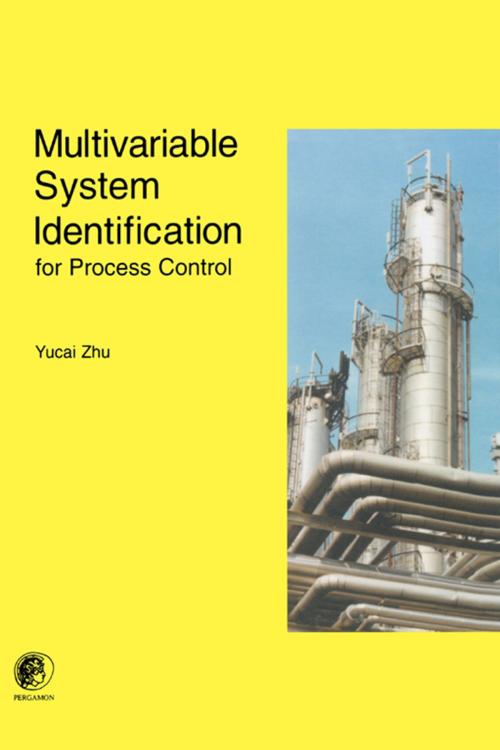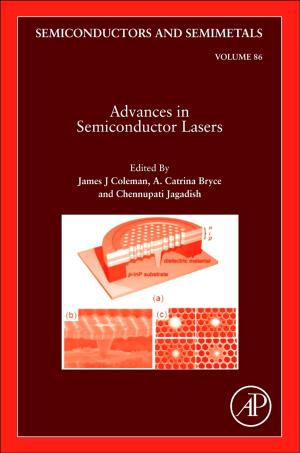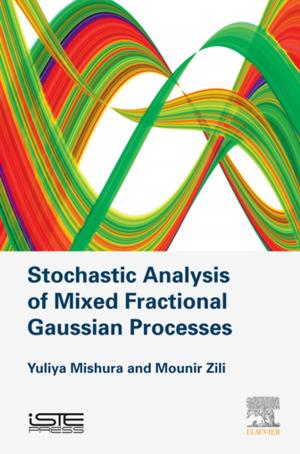Multivariable System Identification For Process Control
Nonfiction, Science & Nature, Technology, Engineering, Mechanical| Author: | Y. Zhu | ISBN: | 9780080537115 |
| Publisher: | Elsevier Science | Publication: | October 8, 2001 |
| Imprint: | Elsevier Science | Language: | English |
| Author: | Y. Zhu |
| ISBN: | 9780080537115 |
| Publisher: | Elsevier Science |
| Publication: | October 8, 2001 |
| Imprint: | Elsevier Science |
| Language: | English |
Systems and control theory has experienced significant development in the past few decades. New techniques have emerged which hold enormous potential for industrial applications, and which have therefore also attracted much interest from academic researchers. However, the impact of these developments on the process industries has been limited.
The purpose of Multivariable System Identification for Process Control is to bridge the gap between theory and application, and to provide industrial solutions, based on sound scientific theory, to process identification problems. The book is organized in a reader-friendly way, starting with the simplest methods, and then gradually introducing more complex techniques. Thus, the reader is offered clear physical insight without recourse to large amounts of mathematics. Each method is covered in a single chapter or section, and experimental design is explained before any identification algorithms are discussed. The many simulation examples and industrial case studies demonstrate the power and efficiency of process identification, helping to make the theory more applicable. Matlab™ M-files, designed to help the reader to learn identification in a computing environment, are included.
Systems and control theory has experienced significant development in the past few decades. New techniques have emerged which hold enormous potential for industrial applications, and which have therefore also attracted much interest from academic researchers. However, the impact of these developments on the process industries has been limited.
The purpose of Multivariable System Identification for Process Control is to bridge the gap between theory and application, and to provide industrial solutions, based on sound scientific theory, to process identification problems. The book is organized in a reader-friendly way, starting with the simplest methods, and then gradually introducing more complex techniques. Thus, the reader is offered clear physical insight without recourse to large amounts of mathematics. Each method is covered in a single chapter or section, and experimental design is explained before any identification algorithms are discussed. The many simulation examples and industrial case studies demonstrate the power and efficiency of process identification, helping to make the theory more applicable. Matlab™ M-files, designed to help the reader to learn identification in a computing environment, are included.















